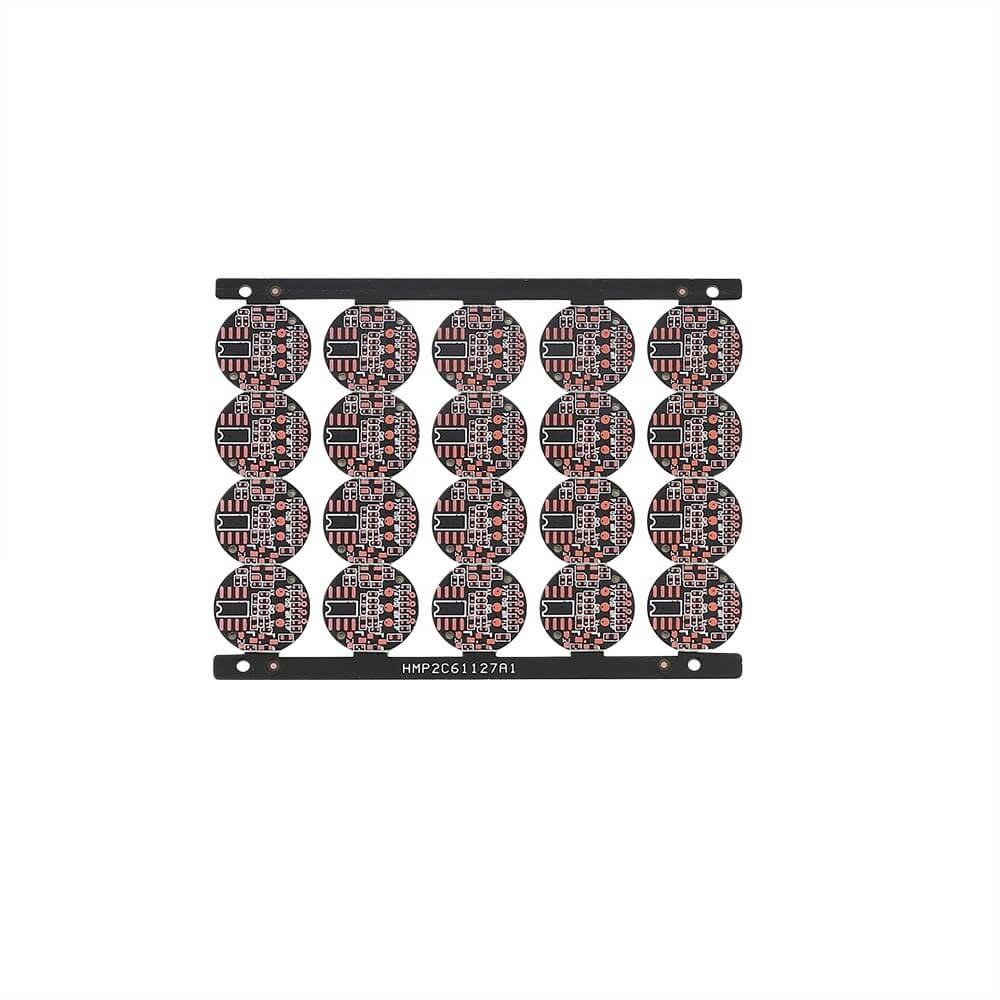The Role of HDI PCBs in Modern Consumer Electronics
High-Density Interconnect (HDI) Printed Circuit Boards (PCBs) have become pivotal in the advancement of modern consumer electronics. These sophisticated boards are at the heart of many contemporary devices, providing the necessary infrastructure for complex, compact, and high-performance electronics. This article explores the essential role of HDI PCBs in modern consumer electronics and how they drive innovation and functionality.Actually, it’s not just this reason, professional pcb manufacturer Its own advantages are also obvious, and it is normal for the market to perform well. https://www.hongmycircuits.com/
What Are HDI PCBs?
HDI PCBs are characterized by their high component density and fine line/space capability, which allow for the integration of a large number of components in a compact space. These boards use advanced technologies like microvias, blind/buried vias, and finer trace widths to achieve high-density interconnections. The result is a PCB that can support more complex circuits within a smaller footprint compared to traditional PCBs.
HDI PCB Fabrication Sourcing Ro4003 Ro4350B Immersion Gold China Factory
Key Advantages of HDI PCBs in Consumer Electronics
1.Enhanced Miniaturization
HDI PCBs enable the creation of smaller and more compact electronic devices. By incorporating microvias and multi-layer designs, manufacturers can reduce the size of PCBs without sacrificing performance. This miniaturization is crucial for modern consumer electronics, such as smartphones, tablets, and wearable devices, where space is limited but functionality is high.
2.Improved Performance
The advanced manufacturing techniques used in HDI PCBs, such as finer trace widths and higher-density interconnections, contribute to improved electrical performance. HDI PCBs offer better signal integrity, reduced electromagnetic interference (EMI), and enhanced thermal management. This ensures that consumer electronics operate reliably and efficiently, even under demanding conditions.
3.Support for Advanced Features
As consumer electronics evolve, they incorporate increasingly sophisticated features such as high-resolution displays, advanced sensors, and powerful processors. HDI PCBs are designed to support these advanced features by providing the necessary electrical connections and supporting high-speed data transmission. This allows for the integration of cutting-edge technologies and enhances the overall functionality of the devices.
4.Design Flexibility
HDI PCBs offer greater design flexibility compared to traditional PCBs. The ability to use multiple layers and complex routing allows designers to create intricate circuit designs that meet specific performance requirements. This flexibility is essential for developing innovative consumer electronics that push the boundaries of technology.